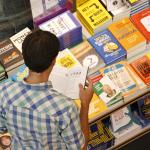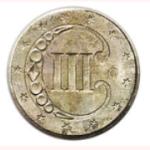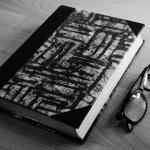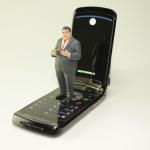Other Science News
In recognition of the upcoming summer, can there possibly be a better way to celebrate than scaring the hell out of any of you who may be on the fence about swimming in the ocean? I think not.
I have been reading and writing about the upcoming FDA ban on menthol in cigarettes. Then I ran across this from Stat’s DC Diagnosis.
“Health systems and payers eager to trim costs think the answer lies in a small group of patients who account for more spending than anyone else.
As if they don't have enough to worry about, Ukrainians, fearing that Vladimir Putin will use some sort of nuclear weapon in the almost two-month war, are rushing to buy potassium iodide pills to protect them against radiation poisoning.
Coins are fascinating; they provide a special insight into American history. In fact, one could argue that they make you part of history in a small way.
“Perhaps the most famous example of puzzle-piece thinking is the “triune brain”: the idea that the human brain evolved in three layers.
Let’s take a moment to consider the model underlying the researchers’ work. The video is 2 minutes long, but watching even for a short while will give you the model’s best visualization.












